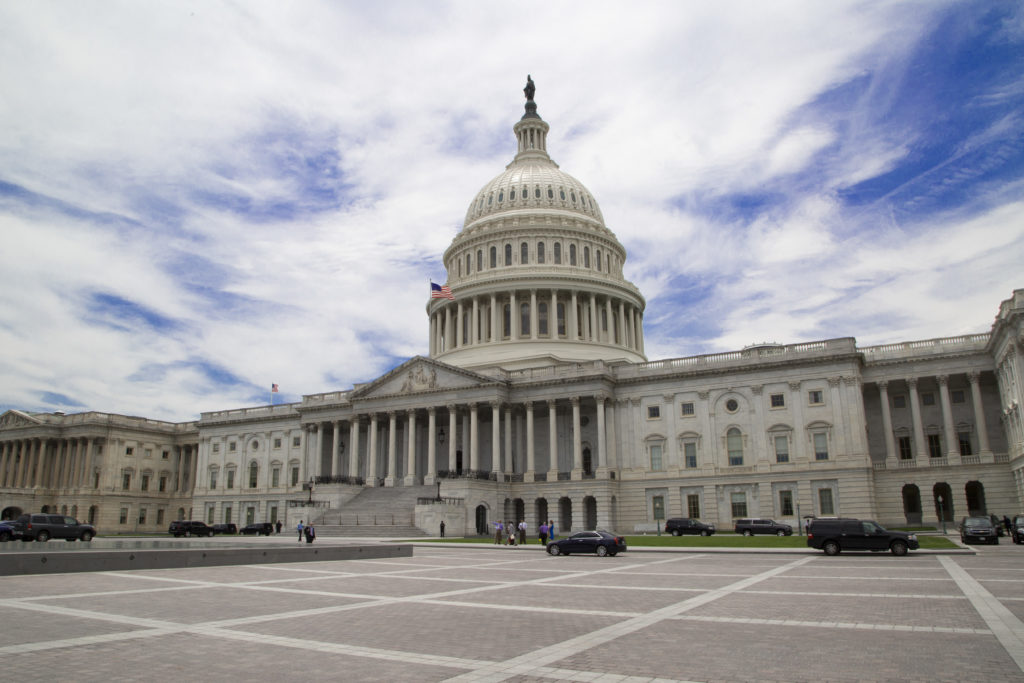
The House voted overwhelmingly Wednesday to repeal the “Cadillac tax” on health care benefits that electric cooperatives and other employers provide for their workers.
In a rare bipartisan action, House members voted 419-6 to repeal the excise tax, which was created as part of the 2010 Affordable Care Act, better known as Obamacare. Congress has twice delayed the tax from taking effect, but it is scheduled to begin in 2022 unless lawmakers take further action.
The Senate still must vote, but may not take up the bill immediately, instead waiting for the 2020 election year, said NRECA lobbyist Christopher Stephen. Sen. Martin Heinrich, D-N.M., has introduced a repeal bill in that chamber. It has more than 40 bipartisan co-sponsors.
The tax imposes a 40% surcharge on employer-sponsored health care plans that are considered “high cost,” including those offered by co-ops. It was created to help fund medical coverage for uninsured Americans, and its repeal could cost the federal government nearly $200 billion over the next decade, according to the nonpartisan Congressional Budget Office.
NRECA believes the tax unfairly harms co-op employees in rural areas, where health care costs are higher because of limited access to medical care. Co-ops provide health insurance benefits to more than 100,000 employees, retirees and their families, Stephen said.
The tax has been widely unpopular, drawing opposition from both business groups and labor unions. Supporters of the repeal bill said the tax would hurt middle-class families because employers would likely pass the cost on to workers in the form of higher deductibles and co-pays.
“Taxing any part of co-op employees’ health care benefits will leave electric cooperative families with less comprehensive health coverage, many at higher costs,” Stephen wrote in a fact sheet that NRECA provides to members of Congress.
“No cooperative, whether they get health insurance through NRECA’s benefit plans or from another source, should be penalized for doing the right thing for their employees.”
The bipartisan repeal bill was sponsored by Reps. Joe Courtney, D-Conn., and Mike Kelly, R-Pa.
“Today, you are going to see Republicans and Democrats come together to do the right thing for the right reasons,” Kelly said Wednesday on the House floor. “And good things are going to come of that.”